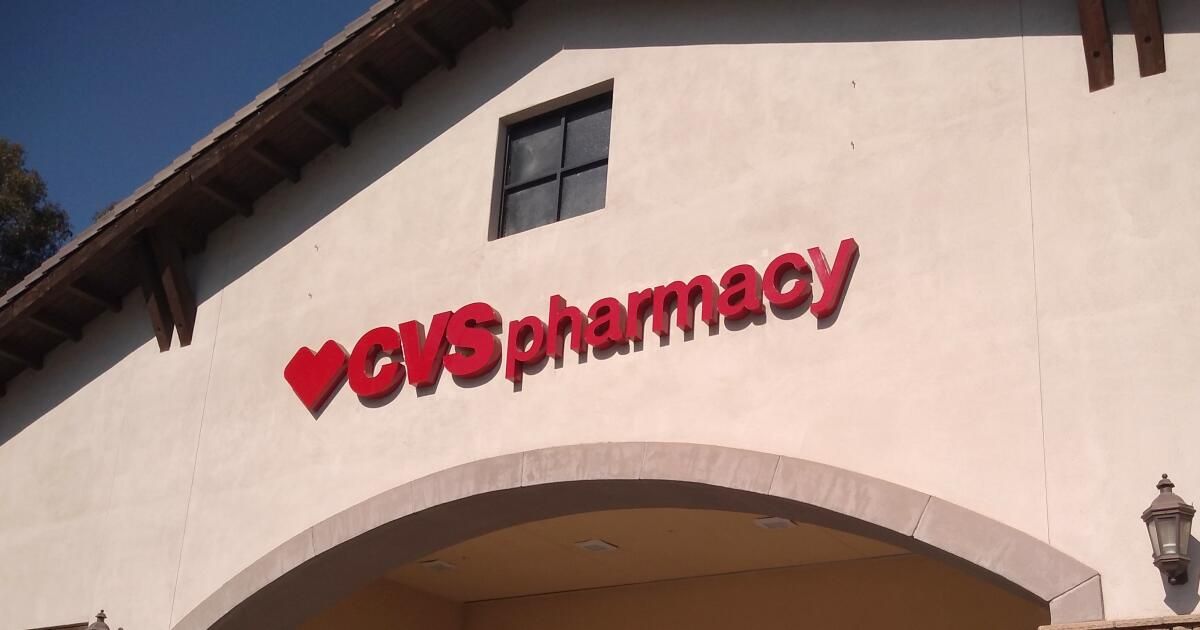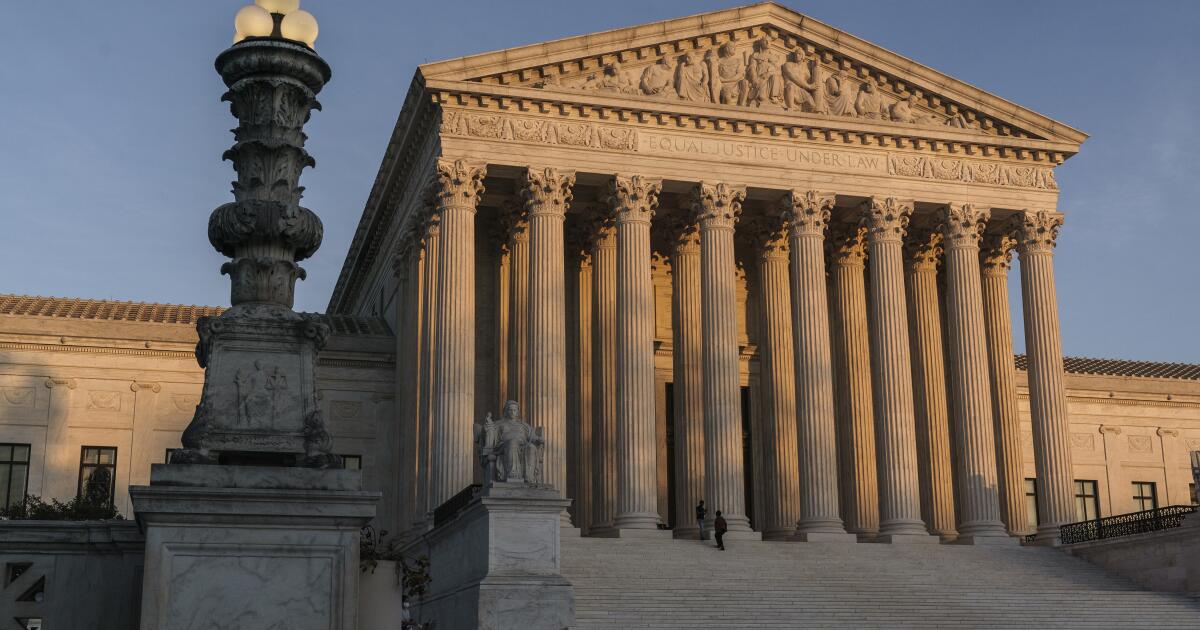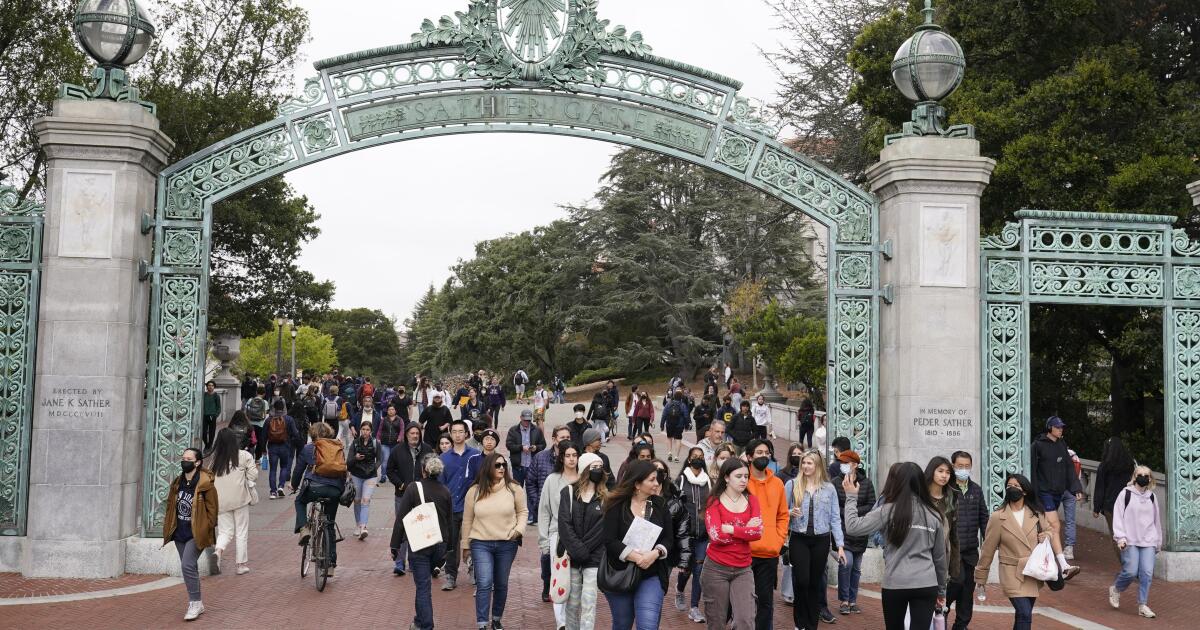To the editor: Congratulations to columnist Michael Hiltzik for his A revealing report on how pharmacy middlemen manipulate every consumer And the companies that own them, like CVS, raise prices to increase their profits, while those who can least afford them pay excessively for desperately needed medications.
He explains that pharmacy owners, hospitals, pharmaceutical companies, insurance companies, and physician groups have been taken over by monopolies that profit hugely off of our pain. I pray that the Federal Trade Commission will actually finally address this massive scam. Don't blame Biden for drug inflation. Blame the corporations that are enjoying huge profits.
Alex Ben Block, Encino
..
To the editor: Before pharmacy management companies entered the healthcare landscape, there were more than 50,000 independently owned pharmacies in the United States. Today, there are about 19,500.
Management companies settle claims filed by pharmacies, paying some and denying others. And, increasingly, these companies pay independent pharmacies less than the cost of the drugs they dispense, driving them out of business.
If current trends continue, customers will have no choice but chain pharmacies or mail-order pharmacies, largely owned by prescription management groups.
Gone are the days of going to an independent pharmacy and having the pharmacist greet you by name.
Herbert Weinberg, Marina del Rey
..
To the editor: The article on pharmacy benefit managers describes terrible things that could happen, but not what happened. Worse, the columnist limits his investigation to Medicare Part D and does not mention Part C.
My wife and I are covered by Medicare Part C and we couldn't be happier with the cost of our prescription drugs and the quality and cost of our health care overall. It's the best you can get.
Medicare Part C is a perfect model for a Medicare for All plan if only we could accept the fact that private insurance can be or is more efficient than government programs.
Kevin Minihan, Los Angeles












